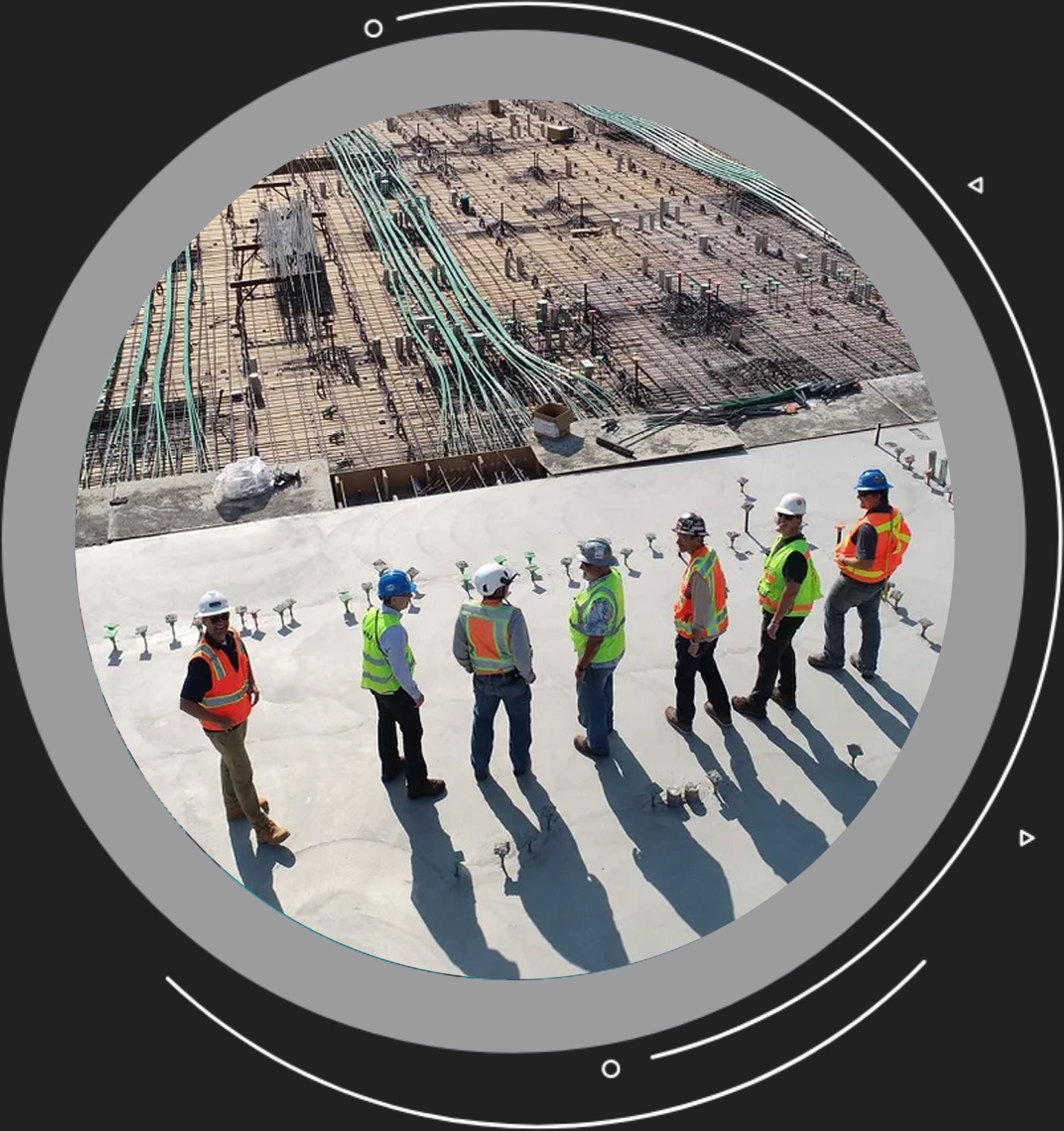CIAP - Partners for Your Projects
Project Management
Project management activities are crucial for ensuring the successful planning, execution, monitoring, and completion of a project. These activities are typically organized into different phases, each with its own set of tasks and goals. The main phases of a project include initiation, planning, execution, monitoring and controlling, and closing.

Here’s a breakdown of project management activities related to each phase:
- Define the project's objectives, scope, and purpose.
- Identify stakeholders and their roles.
- Conduct a feasibility study to assess project viability.
- Develop a business case to justify the project's value.
- Create a project charter that outlines project goals, objectives, and high-level scope.
- Develop a detailed project plan that outlines tasks, resources, and timelines.
- Create a Work Breakdown Structure (WBS) to break down the project into manageable tasks.
- Allocate resources, including personnel, budget, and equipment.
- Identify risks and develop a risk management plan.
- Define project milestones and deliverables.
- Develop a communication plan to ensure effective information sharing.
- Create a schedule and establish dependencies between tasks.
- Develop a budget and cost estimation for the project.
- Develop a quality management plan to ensure deliverable quality.
- Begin the actual work on the project tasks as per the project plan.
- Assign tasks to team members and monitor their progress.
- Conduct regular team meetings to discuss progress and address any issues.
- Manage changes and updates to the project scope.
- Provide necessary resources and support to the project team.
- Ensure effective communication among team members and stakeholders.
- Maintain a focus on meeting project milestones and deliverables.
- Monitor project progress against the project plan.
- Track key performance indicators (KPIs) to measure project performance.
- Compare actual progress to the planned schedule and budget.
- Identify and address any deviations from the project plan.
- Manage risks by implementing risk responses as outlined in the risk management plan.
- Ensure that quality standards are being met.
- Adjust the project plan as needed based on monitoring results.
- Communicate progress and updates to stakeholders.
- Obtain formal acceptance of project deliverables from stakeholders.
- Complete any remaining administrative tasks, such as finalizing contracts.
- Conduct a project review to evaluate what went well and what could be improved.
- Document lessons learned for future projects.
- Release project resources and team members.
- Provide project closure reports to stakeholders.
- Celebrate project completion with the team and stakeholders.
Throughout all these phases, effective project management involves clear communication, collaboration, risk management, and adaptation to changes to ensure that the project is delivered successfully within scope, on time, and within budget


